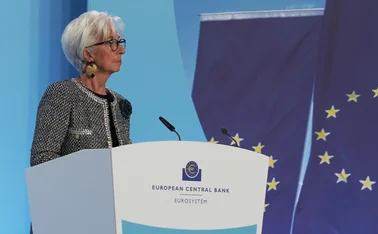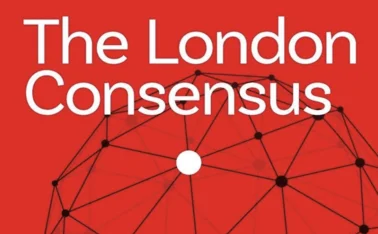
Rajan offers solution to global policy spillovers
RBI governor sketches rating system designed to hold central banks to account

Reserve Bank of India (RBI) governor Raghuram Rajan has outlined a plan designed to end the destabilising global effects of certain central bank policies.
Rajan has long been a vocal opponent of policies that send damaging shockwaves across borders, particularly quantitative easing and currency interventions, which, he argues, bring limited domestic benefits and force foreigners to bear heavy costs.
Having reiterated this argument in remarks to an International Monetary Fund conference in New
Only users who have a paid subscription or are part of a corporate subscription are able to print or copy content.
To access these options, along with all other subscription benefits, please contact info@centralbanking.com or view our subscription options here: www.centralbanking.com/subscriptions
You are currently unable to print this content. Please contact info@centralbanking.com to find out more.
You are currently unable to copy this content. Please contact info@centralbanking.com to find out more.
Copyright Infopro Digital Limited. All rights reserved.
As outlined in our terms and conditions, https://www.infopro-digital.com/terms-and-conditions/subscriptions/ (point 2.4), printing is limited to a single copy.
If you would like to purchase additional rights please email info@centralbanking.com
Copyright Infopro Digital Limited. All rights reserved.
You may share this content using our article tools. As outlined in our terms and conditions, https://www.infopro-digital.com/terms-and-conditions/subscriptions/ (clause 2.4), an Authorised User may only make one copy of the materials for their own personal use. You must also comply with the restrictions in clause 2.5.
If you would like to purchase additional rights please email info@centralbanking.com






